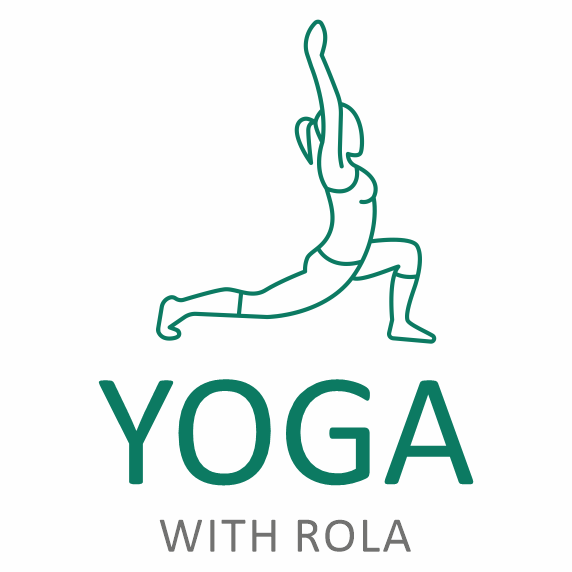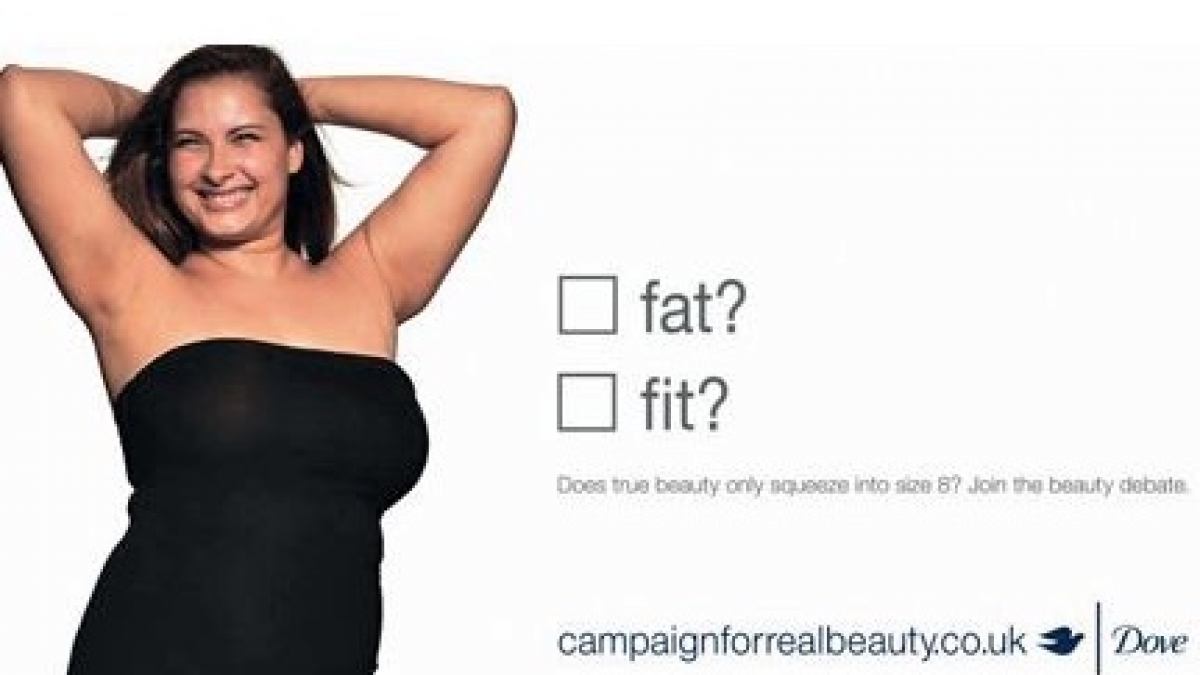In 2007, I first came across a global research study that revealed that only 2% of women around the world considered themselves beautiful. At the time, I was leading Corporate Communications for Unilever in the Middle East and acted as the face for the award-winning Dove Campaign for Real Beauty in the region. Since then, many brands have followed a similar path of challenging a narrow definition of what it is to be beautiful. Although some have genuinely helped change perceptions, social media culture and imagery continue to propagate a limited conversation around beauty.
While progressing through my yoga journey from lifelong yoga student to yoga teacher and yoga therapist, I acquired a different lens to the concept of beauty. Witnessing the transformative power of yoga on myself and others, I began using the word in a different context — for example, describing a beautiful yoga practice that I had just experienced myself or after witnessing the excitement, joy, strength, and presence of individual yoga students after class. All this led me to reflect once again on the definition of beauty. What makes a person or a practice beautiful, and what does yoga have to do with it? Here are some of my insights on discovering expressions of beauty through yoga.
Yoga offers freedom. While yoga is still often associated with one body type (“the yoga body”), there is increasing awareness that yoga is accessible to everyone, young or old, overweight or fit, for people of all ethnicities and sexual identifies. And for those who have truly experienced the power of yoga, the external beauty dimension becomes a non-issue. Beauty becomes a reflection of greater wholeness, defying mainstream convention. People are now taking the tools of yoga, such as meditation and pranayama (breath control), off the mat to help them live their daily lives with greater ease and self-esteem.
Yoga makes you kinder in your body and with others. This ancient practice promotes acceptance and respect for different health conditions. Yoga teachers are often taught to ask new students if they have any injury or health situation. Throughout my teaching career, I discovered that most people fall into that category. Whether at an emotional or physical level, to be human is to experience injuries, health setbacks, and discomfort. Through its emphasis on acceptance, yoga offers a framework to embrace the beauty in each of us, no matter how old, how sick, or how vulnerable. On a personal level, yoga has shown me how to be kinder to my body as I aged and experienced multiple injuries. This is also reflected in more kindness and compassion for others I work with, especially for seniors who have become a big part of my growth and self-development.
Yoga de-stresses: At a physical level, yoga has proven to help induce relaxation and activate the parasympathetic nervous system, helping deal with stress-related conditions ranging from skin problems to heart disease. Studiesconducted on those who practice yoga have also shown that positive changes also occur at a mental level, including promoting emotional stability and self-confidence. A recent academic paper offers new evidence that yoga has been an effective self-management strategy to cope with stress, anxiety, and depression, maintaining wellbeing during COVID19 lockdown
Yoga offers greater awareness: Of all qualities associated with beauty, perhaps the process of becoming more aware of who we are is the most powerful. Greater awareness facilitates balance and health and unfolds authenticity and self-discovery of one’s individuality.
I love this quote from famous Ashtanga yoga practitioner Kino MacGregor, which summarizes the process: “I never felt pretty, let alone beautiful, when I was a little girl. I felt like the odd one out, the ugly duckling. People told me I was too short, my legs too big, my face was too flat to be attractive. When I started practicing yoga, I began seeing beauty all around me. The trees, the flowers, the sunsets all seemed to glow with divine light. Then I started seeing beauty beyond physical form, expressed in compassion, kindness, forgiveness, and love.”
From freedom to acceptance, compassion, and self-awareness, yoga provides a path to a different understanding of beauty. Getting “beauty brands” to showcase more diverse-looking models and use more inclusive language in their advertising is a step in the right direction toward a healthier, socially-more equitable society. But my post-corporate ten-year yoga journey has convinced me that more needs to be done at a personal level. Yoga offers one tool to let go of chasing external beauty standards, however broad, and discovering one’s authenticity. And that’s beautiful.



Add a Comment